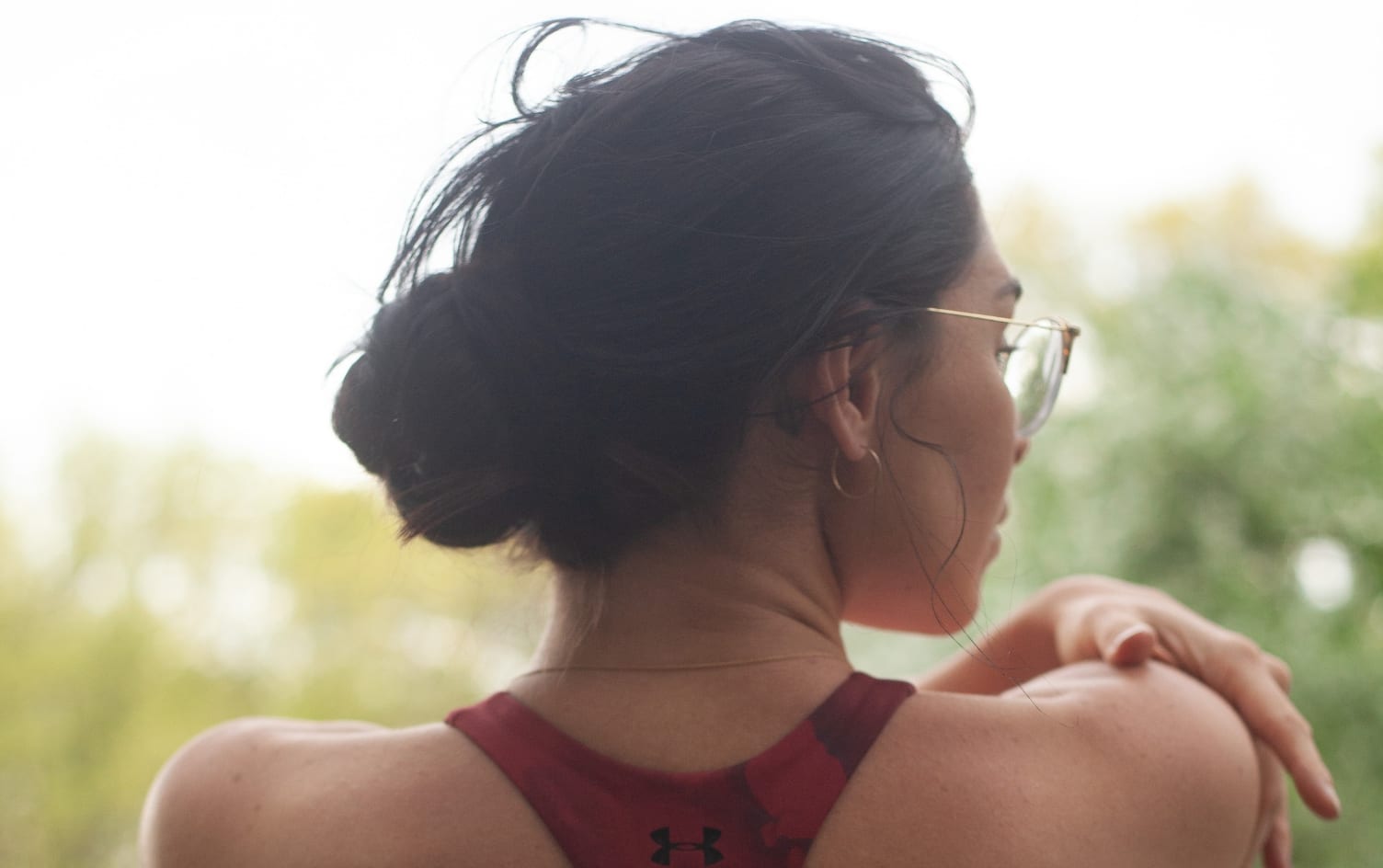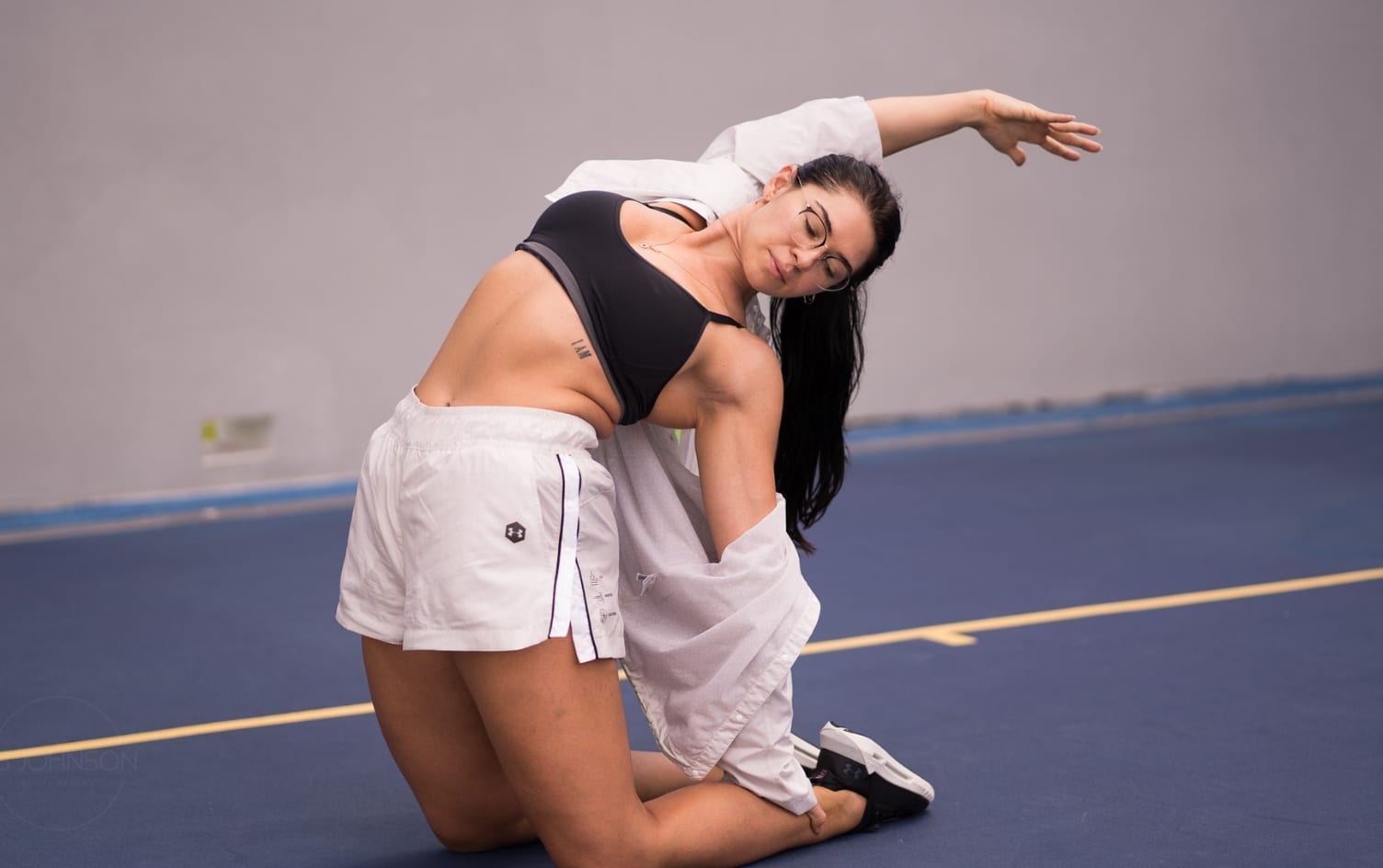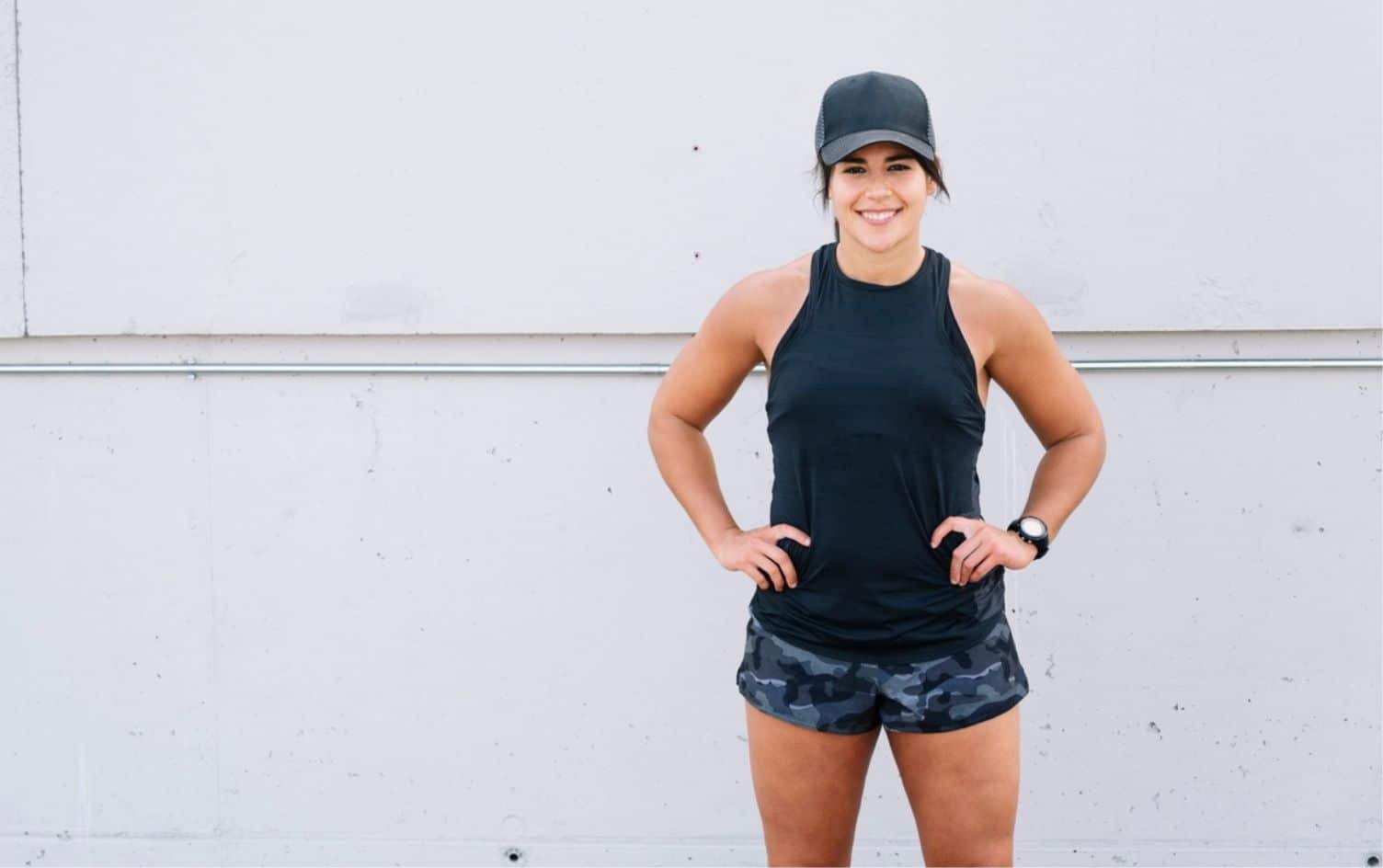Body acceptance often seems like this elusive space only the privileged inhabit — where one’s thoughts aren’t consumed with how your body looks or how you can (or think you should) change it. When you accept your body, it becomes a vessel that allows you to enjoy life and spend your precious mental space on fruitful pursuits like work, passions, love, parenting, friends, playing, etc.
Yet, how do we get to that place? How do we move to a space where we honor our bodies for what they can do and how they help us experience the world and move away from what they look like?
My journey of body acceptance started when I was a young girl recovering from an eating disorder. I had managed a way to take out my pain and depression on something I thought I had control over: my body. My coping strategy was not only inefficient for the underlying problems, but it was also dangerous for my health. It wasn’t until I started a consistent yoga practice, went to treatment and had a powerful therapist that I was able to move past discarding my body in such a negative way.
[perfectpullquote align=”full” cite=”” link=”” color=”HEX 0073bb” class=”” size=””] Diet culture is built on the notion that certain bodies and weights are not acceptable, not worthy, not valuable. [/perfectpullquote]
So often now, disordered patterns of being have become the norm in relation to our bodies. We see this in health and wellness programming that is really diet culture in disguise. Diet culture is built on the notion that certain bodies and weights are not acceptable, not worthy, not valuable. Internally, we process this as a type of belonging. For example, if we don’t fit inside this narrow physical definition of “good enough,” we will not belong, we will not be successful, we will not find partners romantically, or will we forever be “less than.”
Advertising has a vested interest in making us feel bad about ourselves. When we feel bad, we spend time and we spend money. Advertising rarely cares how your self-esteem or self-worth is set up, yet self-worth is the very thing that helps you see through advertising and allows you to get serious about acceptance and treating your body in a way that is uplifting, not belittling or dehumanizing.

[perfectpullquote align=”full” cite=”” link=”” color=”HEX 0073bb” class=”” size=””] We have to continue to realize that our lives are way bigger than our bodies. [/perfectpullquote]
When I think about the journey of body acceptance, I think a lot about how much we have to unlearn. We have unlearn toxic messages around body size and what is acceptable. We have to confront our own biases that we judge ourselves and others by and re-write the narratives we have developed around bodies. We have to move past thinking all bodies are beautiful, and embrace the fact that we don’t have to be “beautiful” at all to be worthy. We have to continue to realize our lives are way bigger than our bodies. We also have to do better in how we treat others and communicate in ways that are not body centric.
I saw many personal training clients who would come to me in tears about their bodies. Experiencing their pain and how helpless they felt hurt. Knowing people’s entire days are consumed by (and ruined with) thoughts of bodies is defeating. It hurts us all when we live in a constant cycle of not feeling good enough, then judging others, then judging ourselves and spending countless hours looking for ways to change ourselves. Instead we should reroute that energy to practicing radical acceptance, fighting messages that keep us down and moving our bodies because we value them.
[perfectpullquote align=”full” cite=”” link=”” color=”HEX 0073bb” class=”” size=””] When we don’t value something, we mistreat it. [/perfectpullquote]
A quote from “Beauty Sick” sticks out in my mind: “Feel so at home and comfortable in your body that taking care of it feels natural and automatic.” When we don’t value something, we mistreat it.

STEPS TO TAKE TOWARD ACCEPTANCE
Basically, you don’t take care of things you hate. So, to start the process of feeling better about your body, here are some hot takes that can help:
- Work on self-worth that has nothing to do with your body (or what it looks like).
- Question your own desires for bodily change. What would it mean to inhabit a different sized or shaped body? Those answers help you see what stories we have developed around body. Awareness is the first step to moving past those beliefs.
- Honor what your body can do versus what it looks like.
- Think of your body as a home. A home you like, maybe even love, so much so that you care for it properly as a way to truly honor it. If self-love feels hard because you barely like yourself, try new ways to manage that.
- Work on new coping strategies when spirals of comparison or self-judgment come up. Notice what makes you feel bad, why it does, and work on new ways to challenge those thoughts. (For example: If certain pages on social media make you feel bad about yourself and your body, unfollow and/or limit social media time in lieu of more uplifting experiences.)
- Seek out a qualified therapist or counselor if the body image issues or eating thoughts are overwhelming or all-consuming. Processing these beliefs and behaviors with a professional might open up new ways for healing and allow you to see your situation through a new lens.
THE BOTTOM LINE
Body acceptance might be an uphill battle solely due to how normalized body hate is. However, I believe a whole, full life of living free from body-obsession is available to us all.




